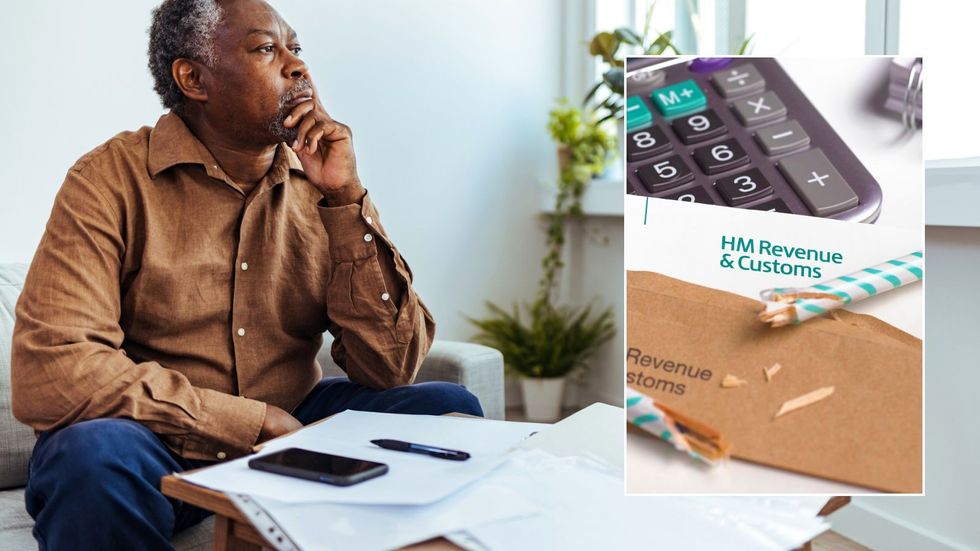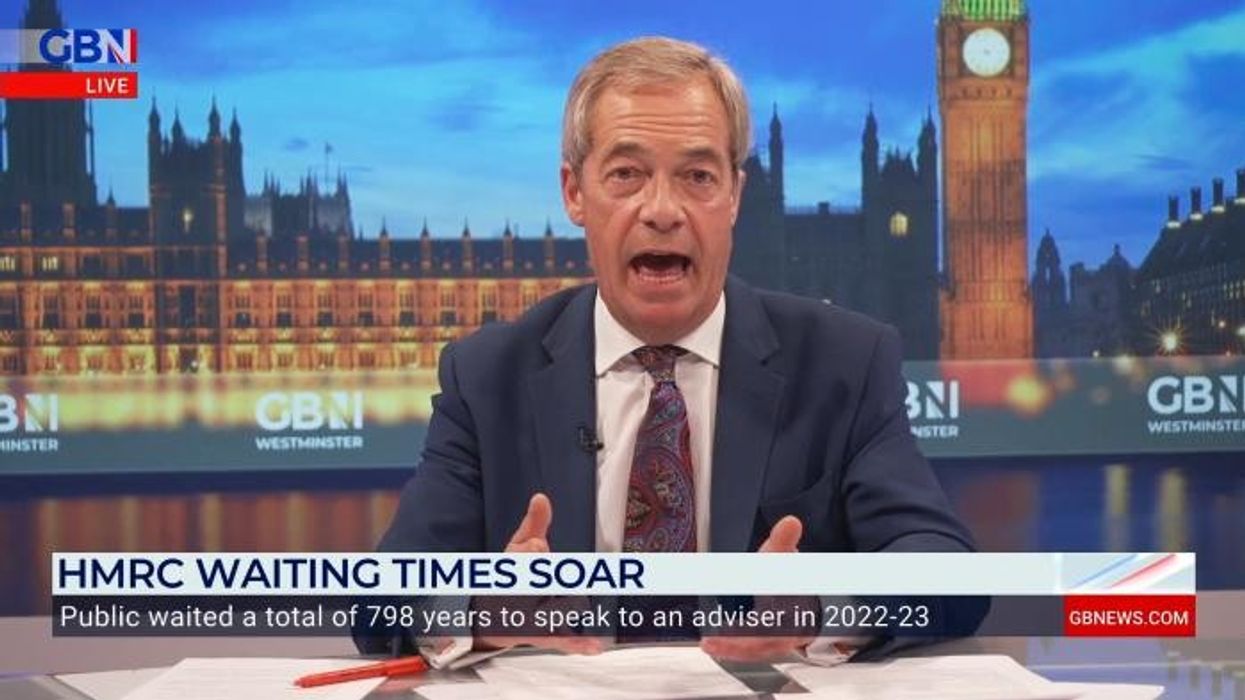HMRC alert: Millions have just 10 days left to act or risk shock tax penalty up to £900

Those who earn money through renting properties, including via Airbnb may be affected
Don't Miss
Most Read
Latest
Millions of Britons are warned they have just 10 days left to act or they could face penalties of up to £900 from the tax man
With 5.4 million taxpayers yet to submit their Self Assessment tax returns before the January 31 deadline, experts are urging immediate action to avoid hefty fines.
Those who miss the deadline face an instant £100 penalty, with additional daily charges of £10 after three months, capped at £900.
After six months, HM Revenue and Customs (HMRC) will charge either five per cent of the tax due or £300, whichever is greater.
Jodie Wilkinson, Head of Strategic Partnerships at takepayments said: "Waiting until January to complete your tax return is risky as you have less time to double-check your figures, gather any missing information, and address any queries from HMRC without the stress of looming deadlines.
"For first-time filers, this extra time can be invaluable for understanding the process and avoiding any costly errors. If you left your tax return until the last minute this year, try and get ahead of the game next time."

The total penalties could reach £1,600 for returns filed more than 12 months late
| GETTYAlice Haine, Personal Finance Analyst at Bestinvest by Evelyn Partners warned: "Leave it too late and you'll be hit with an instant fine," as HMRC collected a huge £220million worth of late filing penalties in the 2022/23 tax year.
Interest charges of 7.25 per cent also apply to late payments. The total penalties could reach £1,600 for returns filed more than 12 months late.
While appeals for missing the deadline are possible for those with legitimate excuses like serious illness or bereavement, taxpayers must provide evidence to support their claims.
How to complete a tax return
To complete a tax return, taxpayers must first ensure they have a Government Gateway Account with their login details ready.
Essential documents needed include a National Insurance number and a ten-digit Unique Taxpayer Reference (UTR).
P60s or other income records where tax has already been paid must be gathered, along with all records of additional income including invoices and bank statements. Those claiming tax relief will need documentation of charitable donations and pension contributions.
Haine said: "A tax return must be correct; input errors or misleading information, even if made in good faith, and you could be hit with a penalty."
This is particularly important for those with multiple income sources, such as rental property or investments.
Wilkinson emphasises the importance of organised record-keeping for a smooth tax return process. She said: "Make it a habit to store all your invoices, receipts, and important financial documents in one place, whether that's in a physical folder or digitally."
For business owners, specialist accounting software can also help track expenses and generate automatic reports, streamlining the submission process.
LATEST DEVELOPMENTS:
Business owners should claim all allowable expenses, including office supplies, travel costs, and professional fees.
Those struggling to pay their tax bill can set up a payment plan with HMRC to spread the cost. Taxpayers must file their return first and owe less than £30,000 to qualify for the scheme.
Haine explained that HMRC may allow people to set up a payment plan to repay over a set period though interest will be applied.
Payment options include the HMRC app, direct bank transfers, cheques, or setting up a Direct Debit. Those choosing Direct Debit should allow five working days for setup. Bank transfers require three working days to reach HMRC's account.
HMRC will assess monthly income and spending to determine affordable repayment levels for payment plans.
HMRC's app offers one of the simplest ways to file returns, but technical access issues can arise during peak times.
Taxpayers should verify they meet filing requirements, particularly those earning over £150,000 or with untaxed income above £1,000.
Haine warned: "The last thing you want to do is to delay collating this information until the final days of January and then find a vital document is missing."
Those unsure if Self Assessment applies to them can use HMRC's online checking tool. With personal tax thresholds frozen until 2028, more PAYE workers may need to file returns this year if they earn extra income.











